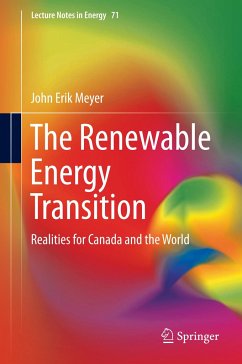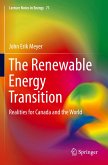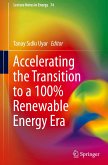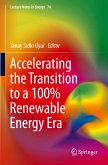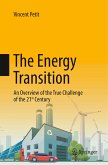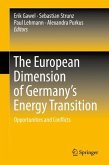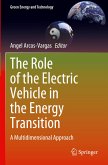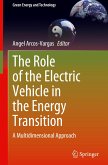Canada is a well-endowed country that serves as an ideal model to lead the reader through the development of energy, resources, and society historically and into a post-carbon future. The book provides an historical perspective and describes the physical resource limitations, energy budgets, and climate realities that will determine the potential for any transition to renewable energy. Political and social realities, including jurisdiction and energy equality issues, are addressed. However, we cannot simply mandate or legislate policies according to social and political aspirations. Policies must comply with the realities of physical laws, such as the energy return on investment (EROI) for fossil-fuel based and renewable energy systems. EROI is discussed in both historical terms and in reference to the greater efficiencies inherent in a distributed generation, mainly electric, post-carbon society. Meyer explores the often misleading concepts and terms that have becomeembedded in society and tend to dictate our policy making, as well as the language, social and personal goals, and metrics that need to change before the physical transition can begin at the required scale.
This book also reviews what nations have been doing thus far in terms of renewables, including the successes and failures in Canada and across the globe. Ontario's green energy fiasco, and a comparison of the different circumstances of Norway and Alberta, for example, are covered as part of the author's comparison of a wide range of countries. What are the achievements, plans, and problems that determine how well different countries are positioned to make "the transition"?
The transition path is complex, and the tools we need to develop and the physical infrastructure investments we need to make, are daunting. At some point in time, Canada and Canadians, like all nations, will be living on 100% renewable energy. Whether the social and technological level that endures sees us travelling to the stars, or subsisting at a standard of living more similar to the pre-fossil fuel era, is far from certain.
This book also reviews what nations have been doing thus far in terms of renewables, including the successes and failures in Canada and across the globe. Ontario's green energy fiasco, and a comparison of the different circumstances of Norway and Alberta, for example, are covered as part of the author's comparison of a wide range of countries. What are the achievements, plans, and problems that determine how well different countries are positioned to make "the transition"?
The transition path is complex, and the tools we need to develop and the physical infrastructure investments we need to make, are daunting. At some point in time, Canada and Canadians, like all nations, will be living on 100% renewable energy. Whether the social and technological level that endures sees us travelling to the stars, or subsisting at a standard of living more similar to the pre-fossil fuel era, is far from certain.

